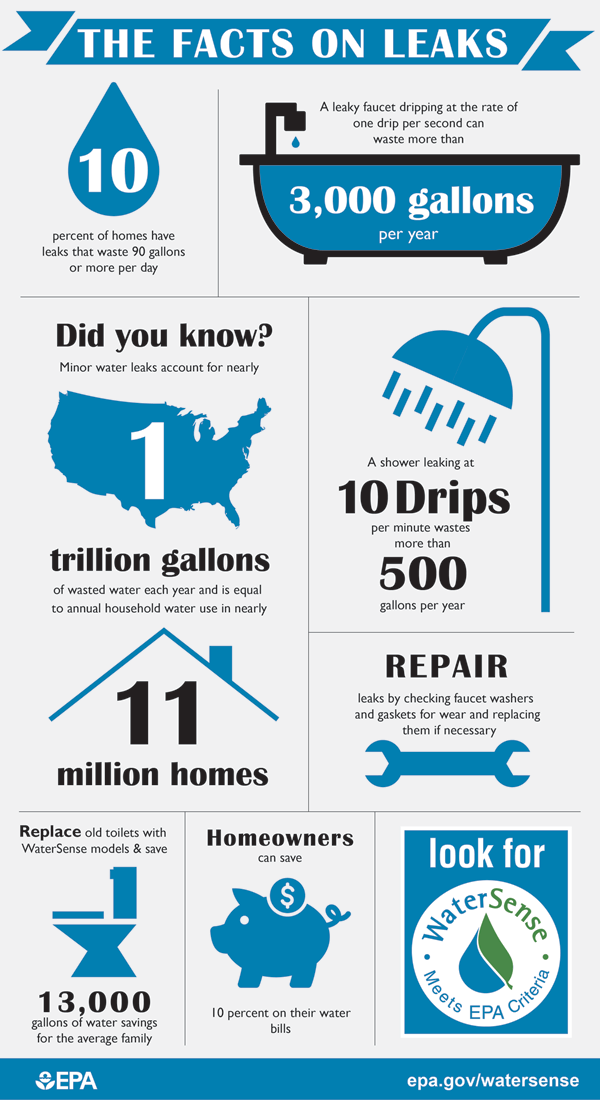Unseen or unfixed, they can drip hundreds, even thousands of gallons of water wastefully down the drain.
A little detective work several times a year can catch these water thieves in the act and put them out of circulation.
Download the Request
For Leak Credit Form
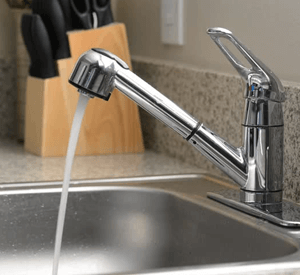
Faucets
Most leaks result from worn washers in household faucets and showerheads. These faucets should be checked periodically. Faucet leaks are usually caused by worn washers or "O" rings (for washerless faucets). Repairing faucet leaks is easy.
All you have to do is turn off the water supply line to that faucet, replace the washer and turn on the line again. Any good do-it-yourself book will offer advice on this simple task. If you're not a do-it-yourselfer, have the work done by someone who knows how to do the job.
Toilets
The toilet is one of the most common water wasters but its leaks tend to be less noticeable than faucet leaks. To determine if your toilet is leaking, use toilet leak detection tablets, these are available for free at the GWC Office.
It's so easy to use! Drop the tablet(s) into the water inside the tank as directed. Wait about 15 to 30 minutes for the dye tablets to dissolve or until you see the dye in the bowl. If you see dye in the bowl your toilet flapper is allowing water to drain into the toilet.
Obviously, water running down the drain for no good reason is costly. It can also be irritating since the tank will need to refill periodically. At night this can be bothersome.
Most toilet leaks occur at the over flow pipe or at the plunger ball inside the tank. To locate a toilet leak, take the tank lid off and flush. The water level should come up to about a half inch below the overflow pipe. Adjust the float level control screw, if necessary, so the valve shuts off the water at that level. If the valve itself is leaking, you may need a plumber to fix it.
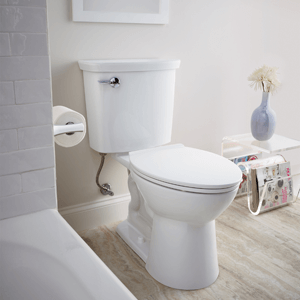
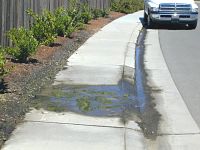
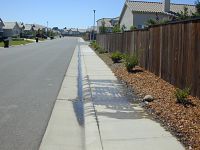
Outside
Check the outside for leaking water, particularly during the summer irrigation season. A hose mistakenly left dribbling away in the grass or garden can waste thousands of gallons of water over the course of a summer. Remember to close outside faucets tightly every time you shut off the water!
- Watering between 3am-9am or 7pm-11pm is ideal as winds and temperatures are lower, therefore, minimizing evaporation.
- Avoid water runoff - Use smaller, shorter cycles more frequently. Over-watering is a large waste.
- Check sprinkler heads and timers every so often. Batteries placed in timers will keep them working during a power outage.
Adjustment of Bills Due to Leak
If you have a high water bill, call the GWC office and ask if they will look at your water usage (we are able to remotely check your meter for leaks). If you do have a leak, you will need to hire a plumber to find and repair the water leak.
Completed an Request For Leak Credit and attach a copy of the repair receipt.
GWC will review the customer’s account to verify the leak was fixed. If it was fixed we will issue a Leak Credit by adjusting the current water bill to equal the bill from the same billing period of the previous year. The water bill may only be adjusted for one billing period prior to the repair of the water leak.
